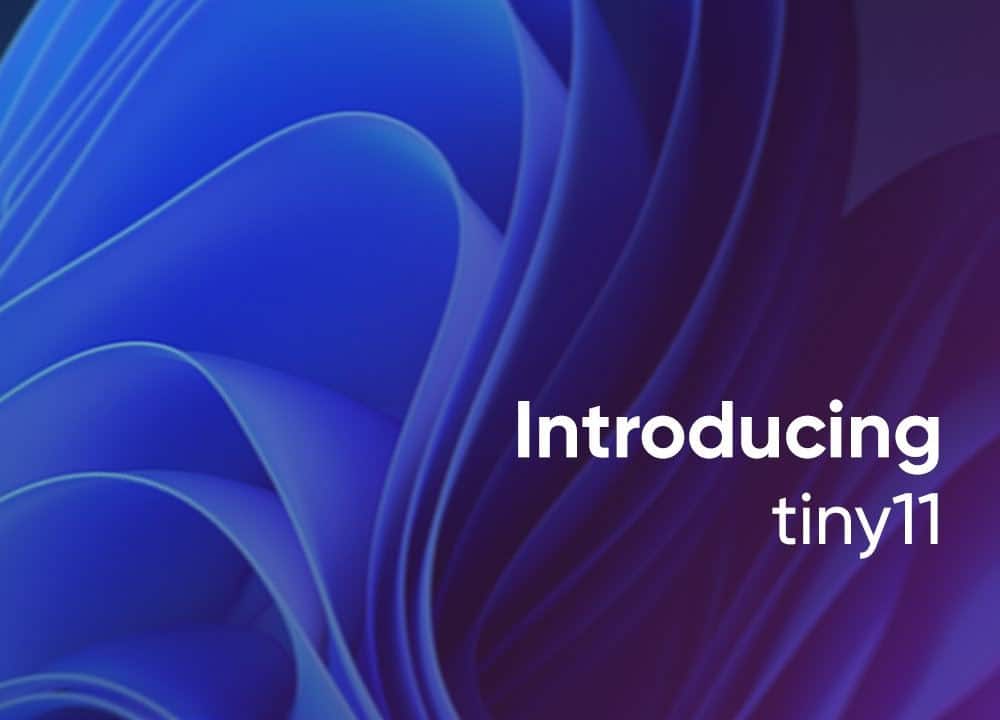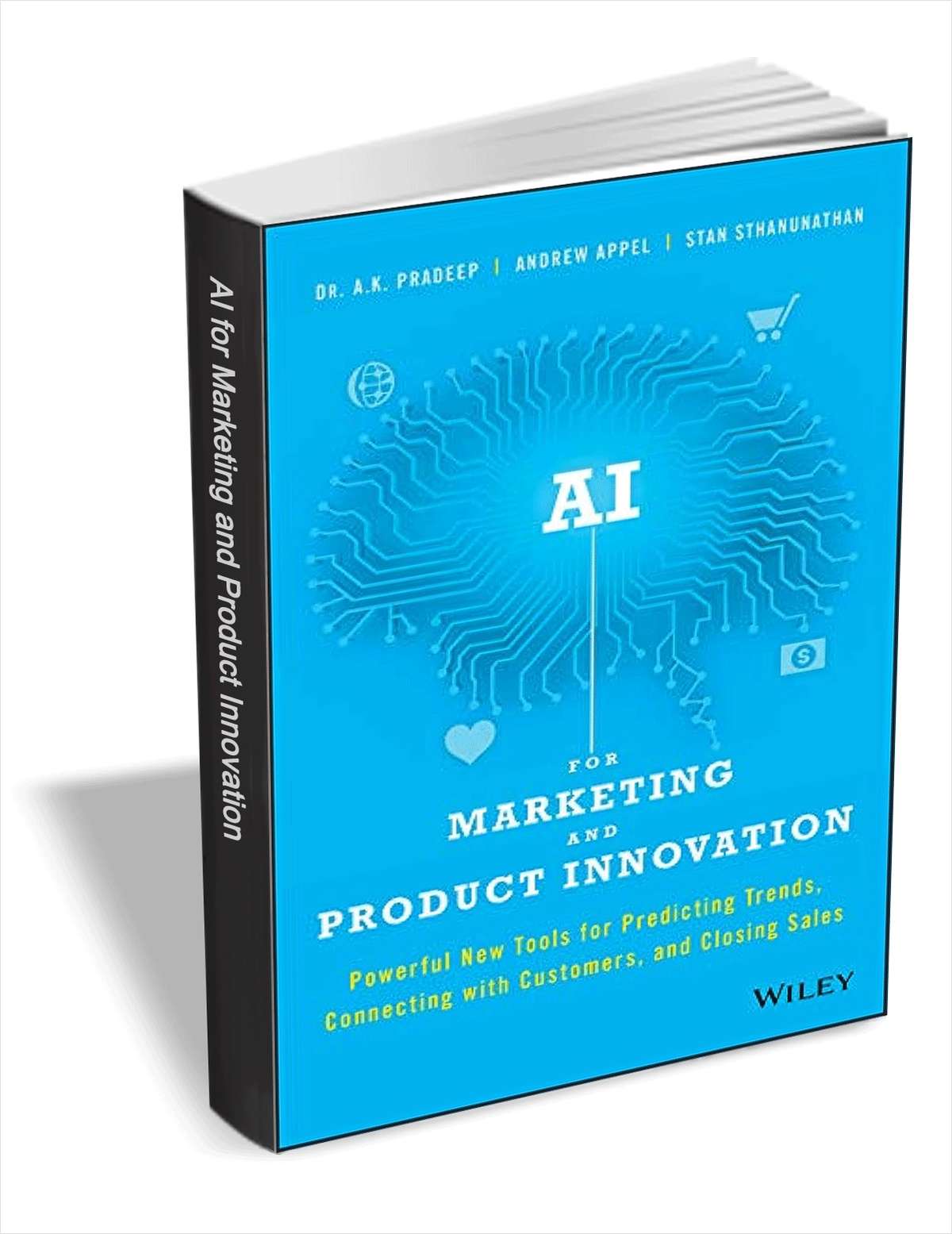
When ignorance isn't bliss: Accidental insider threats
Insider threats are far more commonplace than one would expect -- accounting for about 20 percent of all data breaches.
Though the term ‘insider threat’ conjures up images of disgruntled employees with malicious intentions or moles within an organization, the reality is that the majority of vulnerabilities of this nature are attributable to accidental, negligent insiders. As Okey Obudulu, CISO at Skillsoft, explains: "More often than not, insider threats are unintentional. Innocent acts -- such as sending an email to the wrong person or accidentally clicking on a phishing link -- can have devastating security consequences." Of course, what cybercriminals love more than anything is an unsuspecting and improperly trained employee to take advantage of…

Best Windows apps this week
Five-hundred-and-sixty in a series. Welcome to this week's overview of the best apps, games and extensions released for Windows 10 and 11 on the Microsoft Store and elsewhere in the past seven days.
Classic Windows troubleshooting tools will be retired in the coming years. Microsoft plans to replace some of them with the Get Help tool, which acts as a go-to app for troubleshooting tasks on Windows.

No more AI please, the infrastructure won't cope
While there's continuing buzz surrounding the use of AI, only 50 percent of IT leaders in a new survey say their company's current infrastructure is equipped to handle greater use of it.
The research from observability platform for hybrid IT infrastructures, LogicMonitor, shows that IT leaders do grasp the immense potential of AI technology, and even have a shortlist of desired outcomes it could help tackle.

Google will provide Chromebook updates for 10 years -- if the hardware lasts a decade
Google has announced that it will deliver automatic updates to Chromebooks for 10 years. Up until now, devices have only been eligible for eight years of updates, and this was causing concern for educational institutes and home users.
A full decade of updates is Google's attempt to kept Chromebooks secure for longer, although it's not clear how many of the ChromeOS-powered laptops will last that long. Google points out that 10 years of regular automatic updates is "more than any other operating system commits to today".

Microsoft updates the Windows 11 Snipping Tool app with OCR, and brings powerful new features to Phone Link and Windows Photos
As ever, the Dev and Canary channels of the Windows 11 Insider Program are exciting places to be, bringing updates for not only the operating system itself, but also the bundled apps.
The latest builds of the OS include significant changes and new features for the Snipping Tool, Windows Photos and Phone Link apps. Perhaps the most important addition is Text Actions which brings OCR functionality to Snipping Tool.

TEAMGROUP unveils new memory cards
Today, TEAMGROUP unveils two new memory cards — the T-CREATE EXPERT S.M.A.R.T. MicroSDXC and PRO+ SDXC. Catering to both everyday and professional storage demands, these cards promise respectable read and write speeds, ensuring users never miss a beat, whether it's amplifying mobile storage, seizing action-packed moments from drones, or filming in 4K.
The T-CREATE EXPERT S.M.A.R.T. MicroSDXC integrates the S.M.A.R.T. software available for download on TEAMGROUP's official portal. The company has discerned that creative professionals typically transfer data to PCs once their memory cards reach capacity. The tailored S.M.A.R.T software simplifies this process, enabling a one-click instant memory card status check, leveraging NAND Flash wear-out detection. This ensures seamless video filming and curbs the need for data retrieval processes. Beyond its impressive 160MB/s read and 150MB/s write speeds, the card also supports 4K and 1080p HD video.

Why it's critical to have an incident response plan [Q&A]
Recent research carried out by IBM found that organizations with regularly tested incident response plans had a $2.66 million lower data breach cost than organizations without them.
We spoke to Adam Scamihorn, product director at InterVision, to find out why every enterprise needs to have a strong incident response plan in order to face up to growing security threats.

TCL's 2023 Fire TV models will elevate your NFL Football viewing experience
Today we have some exciting news, fellow NFL Football fans. TCL has announced its latest TV models for the U.S. market, boasting the integration of Fire TV in both its QLED Q Class and Smart S Class series. These TVs should provide an excellent viewing experience for watching football.
The integration of Fire TV in their latest lineup offers an enriched user experience, blending a user-friendly interface with access to a plethora of entertainment options - be it streaming services with over 200,000 movies and TV episodes, Amazon Luna cloud gaming, or conventional satellite and cable content.

The race to regulate AI: The next frontier for law and society
Artificial intelligence (AI) is set to be the next major technological advancement to dramatically impact modern society. From transforming the way we work, to increasing efficiency in outdated systems, the changes promised by AI have the potential to be utterly transformational. While this brings a huge range of opportunities, there are also some enormous challenges to overcome if humanity is to strike an effective balance between progress and risk.
History shows that society and the law do not always handle rapid innovation well. Take technologies such as the steam engine and automated loom, for instance, where progress was met with varying degrees of resistance and fear before the benefits were fully realized. In the case of AI, harnessing its potential while safeguarding against misuse means legislators must take a measured, risk-based approach to regulation that embraces change alongside effective safeguards.

Only 14 percent get back all their data after a ransomware attack
New research shows that only 14 percent of businesses get back 100 percent of their data following a ransomware attack -- even if they agree to the ransom demand.
The study sponsored by Zerto and conducted by Enterprise Strategy Group also reveals that nearly 60 percent of organizations reported an impact to regulated data, such as personally identifiable information, in successful ransomware attacks.

IBM helps put AI into space
AI seems to be just about everywhere at the moment and it seems that there's no escape from its reach, even beyond the confines of the Earth.
IBM is announcing a new partnership with space AI leader, Ubotica Technologies, that will use IBM cloud infrastructure and watsonx.ai components, to simplify the process for developers to deploy AI applications to satellites and generate insights from data on the edge in space.

You can't win: Learning to live with security pessimism
Cybersecurity can, at times, feel like a thankless and invisible task. The punishment for a mistake is immediate and ruthless, the reward for success next to non-existent, because how do you recognize the absence of a breach? But this isn’t a new scenario; the IT industry has dealt with this outlook for decades. The job of an IT department is to be invisible, but when something does go wrong all eyes are inevitably on them to fix it.
In a threat landscape where there exists a constant push to innovate, adapt and breach, there are only three possible outcomes for the IT industry: defeat, indefinite struggle, or complete structural collapse.

Get 'AI for Marketing and Product Innovation' (worth $17) for FREE
AI for Marketing and Product Innovation offers creatives and marketing professionals a non-tech guide to artificial intelligence (AI) and machine learning (ML) -- twin technologies that stand poised to revolutionize the way we sell. The future is here, and we are in the thick of it; AI and ML are already in our lives every day, whether we know it or not. The technology continues to evolve and grow, but the capabilities that make these tools world-changing for marketers are already here -- whether we use them or not.
This book helps you lean into the curve and take advantage of AI’s unparalleled and rapidly expanding power.

Nigerian princes are back -- now with the help of AI
Emails from supposedly wronged and robbed Nigerian nobility asking for help in exchange for a payout of millions were one of the very earliest email scams.
For a while 'Nigerian prince' emails, also known as '419 scams' in reference to part of the Nigerian Criminal Code relating to fraud, were a regular feature in most people's inboxes.

Google updates Android Auto with support for WebEx by Cisco, Zoom, Prime Video and more
Android Auto has long been about much more than getting from A to B, and there has been support for various messaging and music apps for some time. But now Google has announced a new update that not only expands entertainment options, but also allows for remote meetings while on the road.
The addition of support for WebEx by Cisco and Zoom sees Android Auto branching out into completely new territory, so you can engage in an audio-only meeting when driving. The company is also adding the Prime Video app for in-car entertainment, the Vivaldi browser app, as well as the Weather Channel app, and expanded support for digital car keys.



